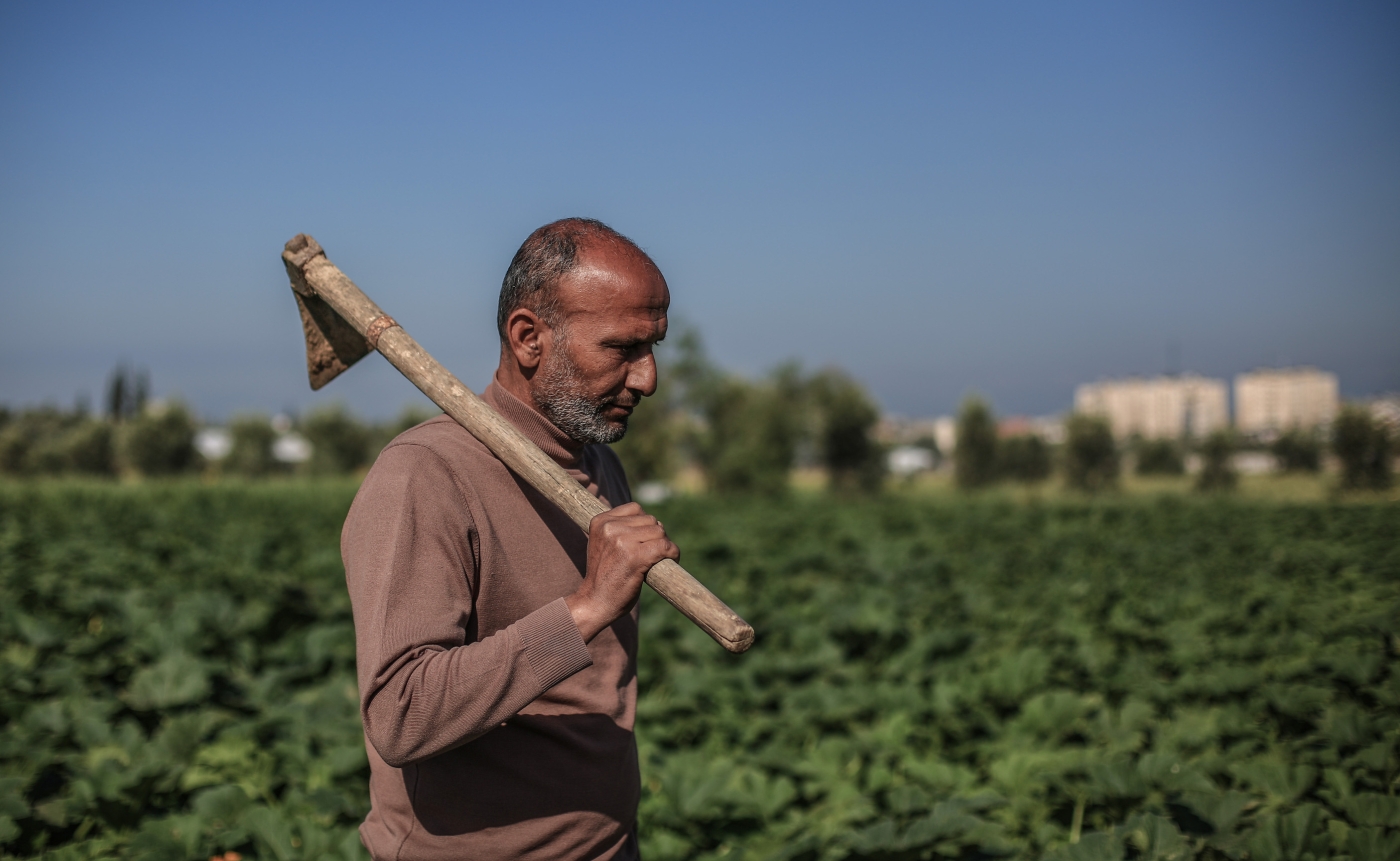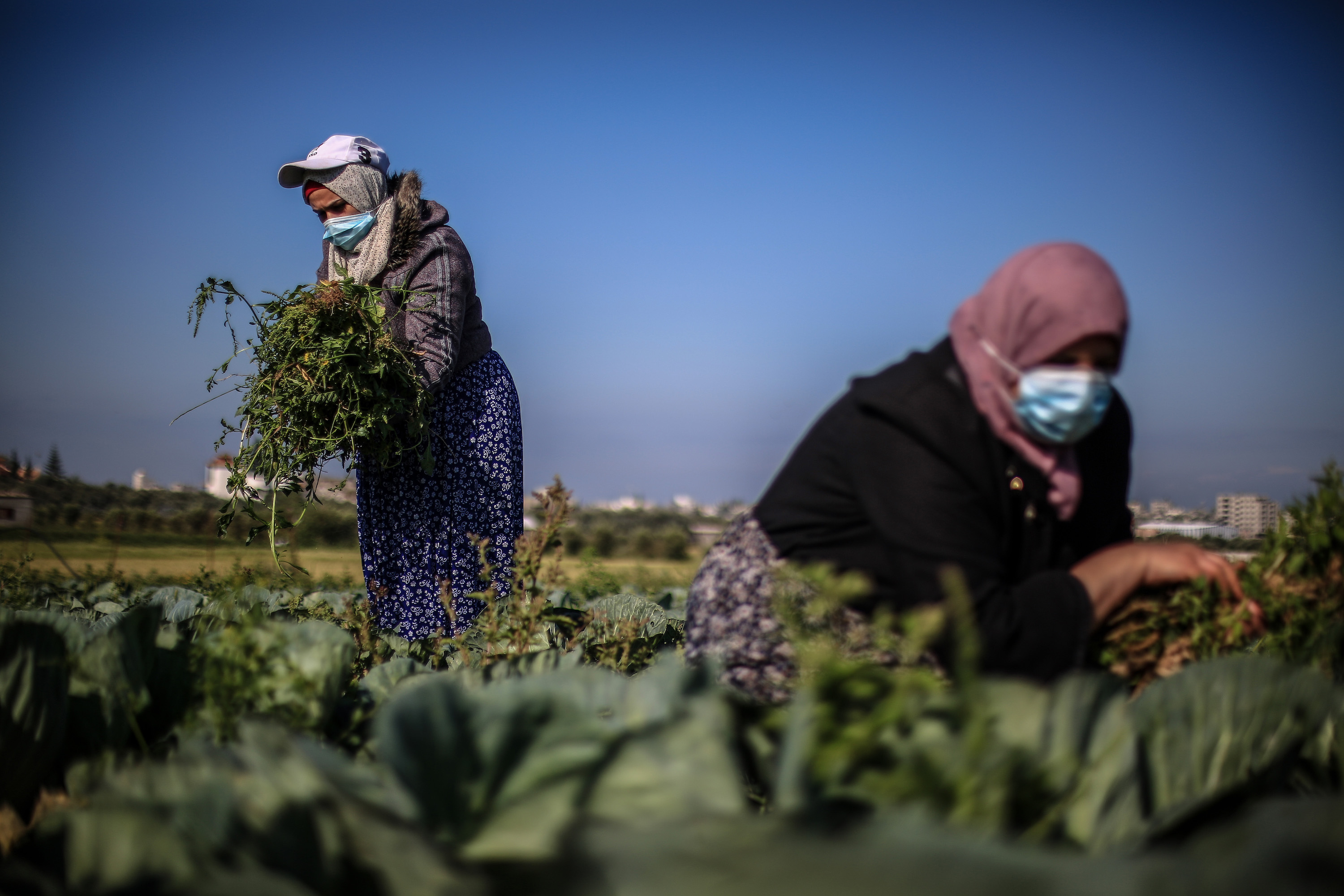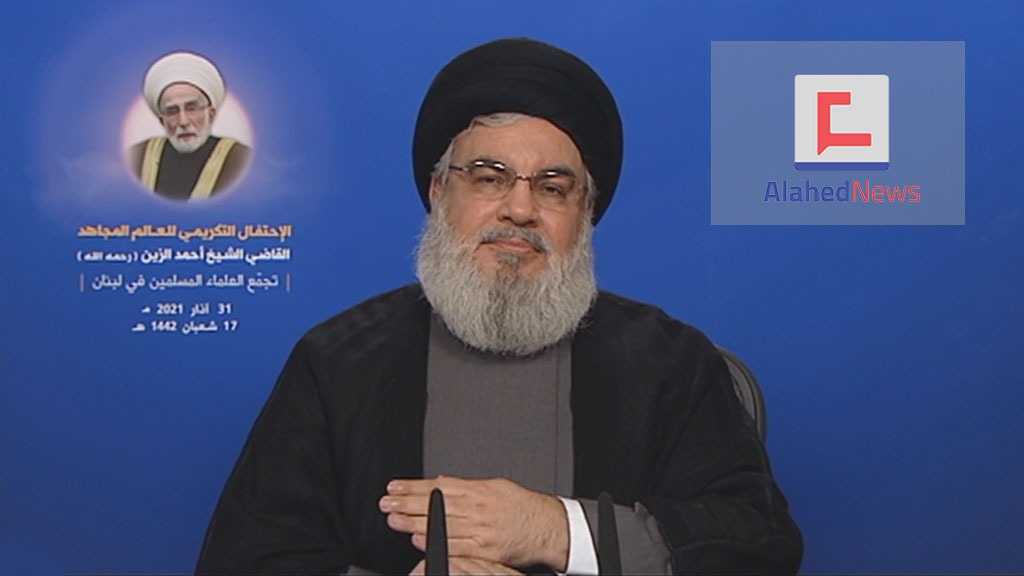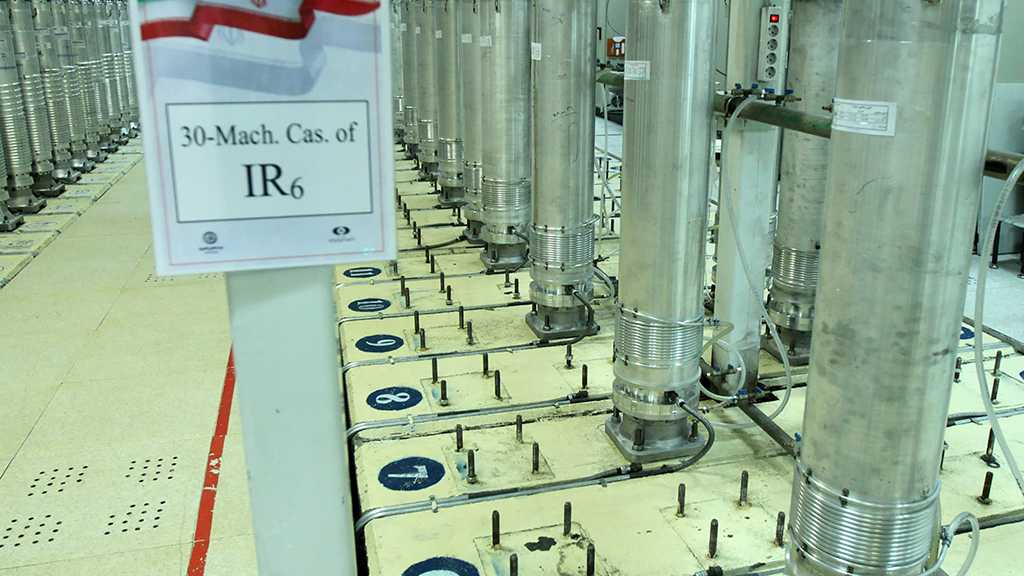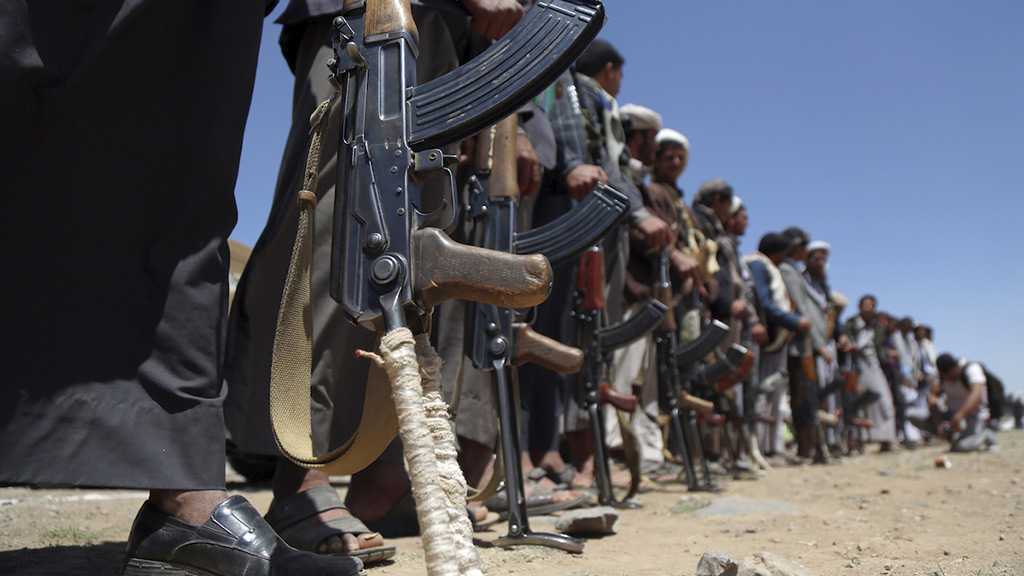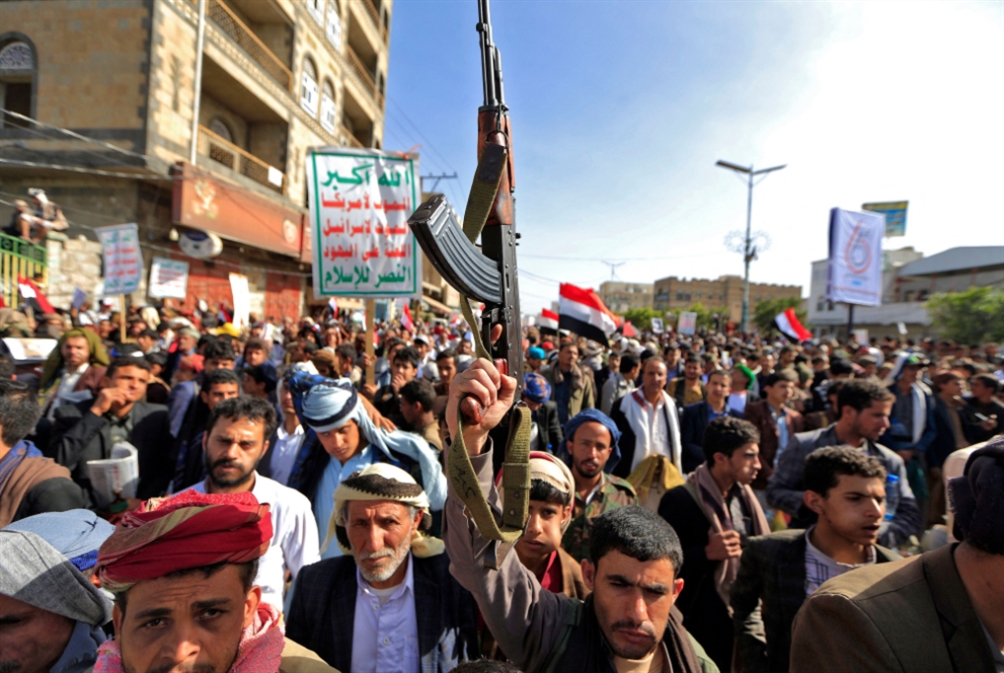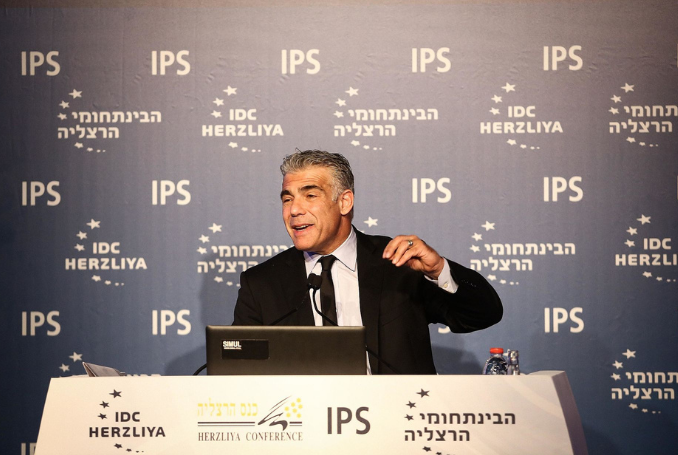**Please scroll down for the English Machine translation **
ماكرون أربك واشنطن في لبنان والملف النوويّ
–
حاولت فرنسا في عهد الرئيس أمانويل ماكرون أن تستعيد صورة الدولة المستقلة والمتوازنة، وأن تقود الاتحاد الأوروبي تحت هذا العنوان، وخلال سنوات مرّت على انتخابه كانت هذه المحاولة تحت الاختبار، والأبرز كان استحقاق الحفاظ على الاتفاق النووي مع إيران، بعدما انسحبت منه إدارة الرئيس الأميركي دونالد ترامب، ووقفت أوروبا قبل أن يبدأ تفكك وحدتها موحّدة تحت شعار حماية الاتفاق. وخلال هذه السنوات فشلت أوروبا وفي المقدّمة فرنسا في تقديم المثال والنموذج الذي كان ينتظره العالم لتقديم نموذج الاستقلال والاقتدار، فبقي القرار الأميركي حاكماً ومقرراً للحركة الأوروبية وفي قلبها الحركة الفرنسية.
–
راهنت إدارة الرئيس الأميركي جو بايدن على تغيير في مقاربتها للملفات الساخنة لتتفرّغ لأوضاعها الداخلية، وتستردّ ما وصفه بايدن بقوة المثال بدلاً من مثال القوة الذي وسم به سلفه ترامب، وكان لفرنسا مكانة خاصة في مقاربة بايدن للسياسات الخارجيّة الجديدة، فخطاب بايدن عن المواجهة مع روسيا والصين يبدأ باستنهاض أوروبا وحلف الأطلسي، وفي قلبهما فرنسا، والعودة للاتفاق النوويّ بصورة سريعة تحفظ ماء وجه واشنطن تقوم على رهان عنوانه فرنسا، حتى جاء اختيار بايدن لكل من وزير خارجيّته توني بلينكن ومبعوثه إلى إيران روبرت مالي، الفرانكوفينيين اللذين عاشا وتعلّما في فرنسا تعبيراً عن هذا الرهان.
–
دخل الرئيس الفرنسي على خطة الرئيس الأميركي نحو ملفات السياسة الخارجيّة، ووضع معادلة عنوانها حماية الدور الفرنسي بتفويض أميركيّ في التعامل مع الملف اللبنانيّ بعدما خسرت فرنسا نفوذها في ليبيا أمام تركيا، مقابل تحرّكه تحت المظلة الأميركيّة في الملفات الدوليّة وفي طليعتها تفعيل العلاقة الأميركية الأوروبية، وتنشيط حلف الأطلسي، والاصطفاف في مواجهة روسيا والصين، والتحرّك على خط التفاوض مع إيران في شروط العودة إلى التفاهم النوويّ معها، وبدا بعد الاتصال الهاتفي بين بايدن وماكرون أن فترة اختبار أميركيّة منحت لفرنسا.
–
خلال أسبوع من الاتصال الهاتفي أعلن ماكرون ضمانته للسعودية بالشراكة في مفاوضات الملف النووي، ضمن معادلة رسمها ماكرون ووزير خارجيّته، تقوم على تولي السعودية تسهيل مهمة فرنسا لبنانياً، مقابل حصول فرنسا على موافقة أميركيّة وإيرانيّة على ضم السعودية إلى مفاوضاتهما حول الملف النووي الإيراني، فسقط الحل اللبنانيّ المنتظر وصار مرتبطاً بالملف النووي الإيراني، على الأقل في التسهيل المنتظر من السعودية، وارتبك الدور الفرنسي الوسيط في مفاوضات الملف النووي بسبب الفيتو الإيراني على الوساطة الفرنسيّة، بعد هذا الإعلان، واضطرار واشنطن لسحب التفويض الممنوح لفرنسا كوسيط، لضمان مواصلة التفاوض، سواء عبر الدور الذي كان مؤجلاً لمبعوثها روبرت مالي، أو عبر تكليف مفوّض السياسة الخارجية الأوروبية جوزيب بوريل بتولي المهمة الفرنسية.
–
بدلاً من المراجعة الفرنسية للدور، مضت إدارة الرئيس ماكرون بالهروب إلى الأمام، وبعد خسارة التفويض الأميركي، تواجه مخاطر خسارة التفويض الأوروبي، فوزير خارجية فرنسا أحرج أوروبا بحديثه عن طلب العقوبات الأوروبية على المسؤولين اللبنانيين، ما اضطر بوريل إلى الإعلان عن موقف واضح مختلف عنوانه دعوة الأحزاب اللبنانية إلى إنجاز اتفاق سياسي يتيح منع الانهيار، بينما فرنسا بشخص وزير خارجيتها تريد أوروبا واجهة لضغوط تنقذ مبادرتها المترنّحة، أملاً بتجاوز مأزق وعود ماكرون التي لم تتحقق للسعودية.
–
شيئاً فشيئاً تسود نظرية أميركية، وتبدأ لتصبح أوروبية، عنوانها خفة الرئيس ماكرون، ويصل بعض الخبراء الأميركيين للقول إن الشهور الأولى من ولاية الرئيس بايدن ضاعت بسبب خفة ماكرون، وبعضهم يقول إن الانتظار الصيني الإيراني للإعلان عن توقيع الاتفاق الاستراتيجي، كان لمنح بايدن فرصة تظهير مقاربة جديدة للعلاقات الدوليّة، فتمخض بايدن وأجهض ماكرون، على طريقة تمخّض الجبل فأجهض فأراً.
مقالات ذات صلة
- تشكيك أوروبيّ بكلام لودريان عن العقوبات… وتشديد على التوافق السياسيّ لتشكيل الحكومة / لبنان يُحيي يوم الأرض بتكريم أنيس النقاش… ورعد: ننتظر جورج عبدالله قريباً
- «إسرائيل» تبرّر ارتداعها عن لبنان: استهداف السلاح يعني حرباً
- فلسطينيّو 48 أحيوا يوم الأرض واستذكروا اللواء بهجت سليمان
Macron confused Washington in Lebanon and the nuclear file
– France tried under President Emmanuel Macron to restore the image of an independent and balanced state, and to lead the European Union under this title, and within years of his election this attempt was tested, most notably the merit of maintaining the nuclear deal with Iran, after the administration of U.S. President Donald Trump withdrew from it, and Europe stood before the disintegration of its unity began under the banner of protecting the agreement. During these years, Europe, led by France, failed to provide the example and model that the world was waiting for to present the model of independence and power, and the American decision remained the ruler and rapporteur of the European movement and at the heart of the French movement.
The administration of US President Joe Biden wagered on a change in its approach to hot files in order to devote itself to its internal conditions, and to recover what Biden described with the power of the example instead of the example of power that characterized his predecessor Trump, and France had a special place in Biden’s approach to the new foreign policies, so Biden’s speech about the confrontation with Russia and China It begins with the revival of Europe and NATO, with France at their heart, and a quick return to the nuclear agreement that saves Washington’s face, based on a bet whose title is France, until Biden chose each of his foreign minister Tony Blinken and his envoy to Iran, Robert Malley, the Francophenians who lived and learned in France as an expression of this. the bet.
– President Joe Biden’s administration has bet on a change in its approach to the hot files to take off its domestic situation, and recovers what Biden strongly described as an example instead of the example of power that his predecessor Trump has branded. France has a special place in Biden’s approach to new foreign policies, Biden’s rhetoric on confrontation with Russia and China begins with its Europe and NATO, where France is the heart. The quick return to the nuclear deal will save Washington’s face water depends on France, and explain Biden’s choice to appoint too Francophenians who lived and educated in France, as his foreign minister, Tony Blinken, and his envoy to Iran, Robert Malle.
-The French President entered into the US President’s plan towards foreign policy files, and set up an equation titled protecting the French role with an American mandate in dealing with the Lebanese file after losing its influence in Libya to Turkey, in exchange for moving under the US umbrella in the international files, on top of which is the activation of the US-European relationship, and the revitalization of NATO, aligning itself in the face of Russia and China, and moving on the line of negotiations with Iran in terms of returning to a nuclear understanding with it, and it seemed after the phone call between Biden and Macron that an American test period had been granted to France.
– After the phone call between Biden and Macron that an American test period had been granted to France .The French president entered the plan of the U.S. on the foreign policy files. He put an equation to protect the French role under U.S. mandate in dealing with the Lebanese file after France lost its influence in Libya to Turkey, in exchange for the revitalization of NATO, in the face of Russia and China, and moving on the line of negotiation with Iran.
– Within a week of the phone call, Macron announced his guarantee to Saudi Arabia in partnership in the negotiations on the nuclear file, within an equation drawn by Macron and his foreign minister, based on Saudi Arabia to facilitate the mission of France Lebanon, in exchange for France’s approval of the inclusion of Saudi Arabia in their negotiations on the Iranian nuclear file, the expected Lebanese solution fell and became linked to the Iranian nuclear file, at least in the facilitation expected from Saudi Arabia, and the French mediating role in the nuclear file negotiations was confused by the Iranian veto on the French mediation., After this announcement, Washington was forced to withdraw the mandate granted to France as a mediator, to ensure the continuation of the negotiations, whether through the role that was postponed to its envoy, Robert Malle, or by assigning the European foreign policy commissioner, Josep Borrell, to assume the French mission.
-Instead of the French review of the role, President Macron’s administration proceeded to flee forward, and after losing the American mandate, He faces the risks of losing the European mandate, and the French Foreign Minister embarrassed Europe by talking about the request for European sanctions against Lebanese officials, which forced Borrell to announce a different clear position entitled: Call The Lebanese parties reach a political agreement that allows preventing the collapse, while France, in the person of its foreign minister, wants Europe to face pressures to save its faltering initiative, hoping to overcome the deadlock and Macron’s unfulfilled promises to Saudi Arabia.
– Little by little, an American theory prevails, and it begins to become European, titled the lightness of President Macron, and some American experts arrive to say that the first months of President Biden’s term were lost because of Macron’s lightness, and some say that the Chinese-Iranian wait to announce the signing of the strategic agreement was to give Biden the opportunity to demonstrate an approach to international relations, Biden labored and Macron aborted, the mountain gave birth to a mouse.
Filed under: China, EU, Lebanon, Russia, The Islamic Republic of Iran, US-led NATO Alliance, USA | Tagged: Iran Nuclear Program, KSA, Macron, Nasser | Comments Off on ماكرون أربك واشنطن في لبنان والملف النوويّ Macron confused Washington in Lebanon and the nuclear file





